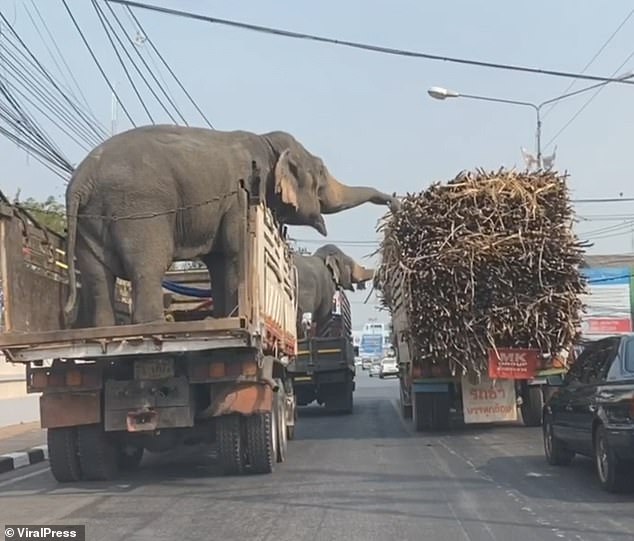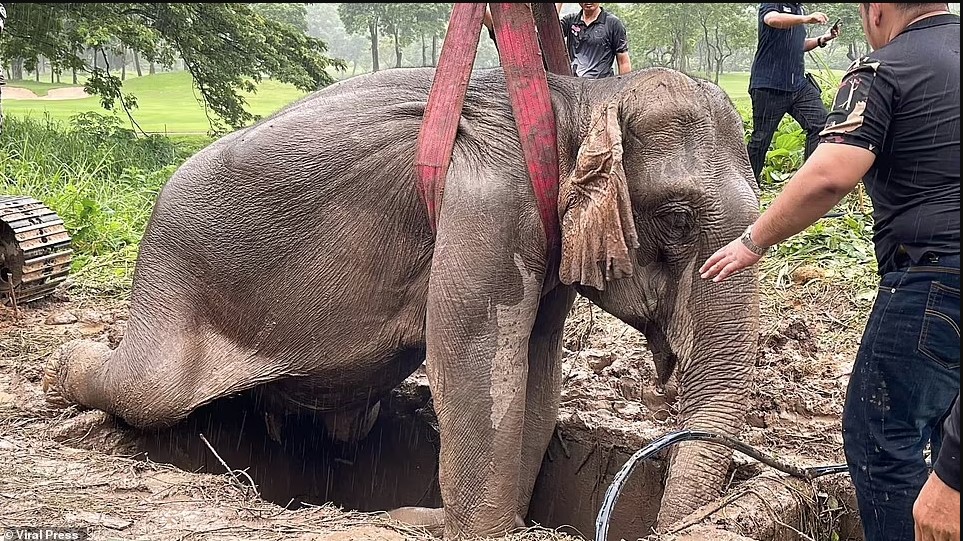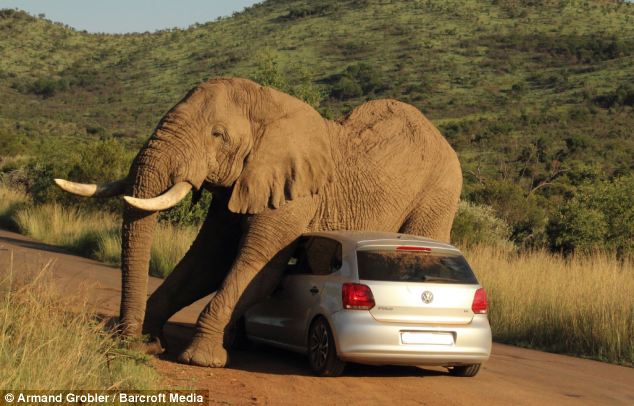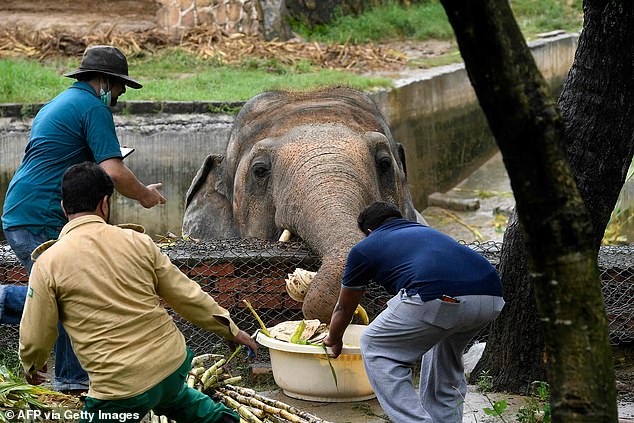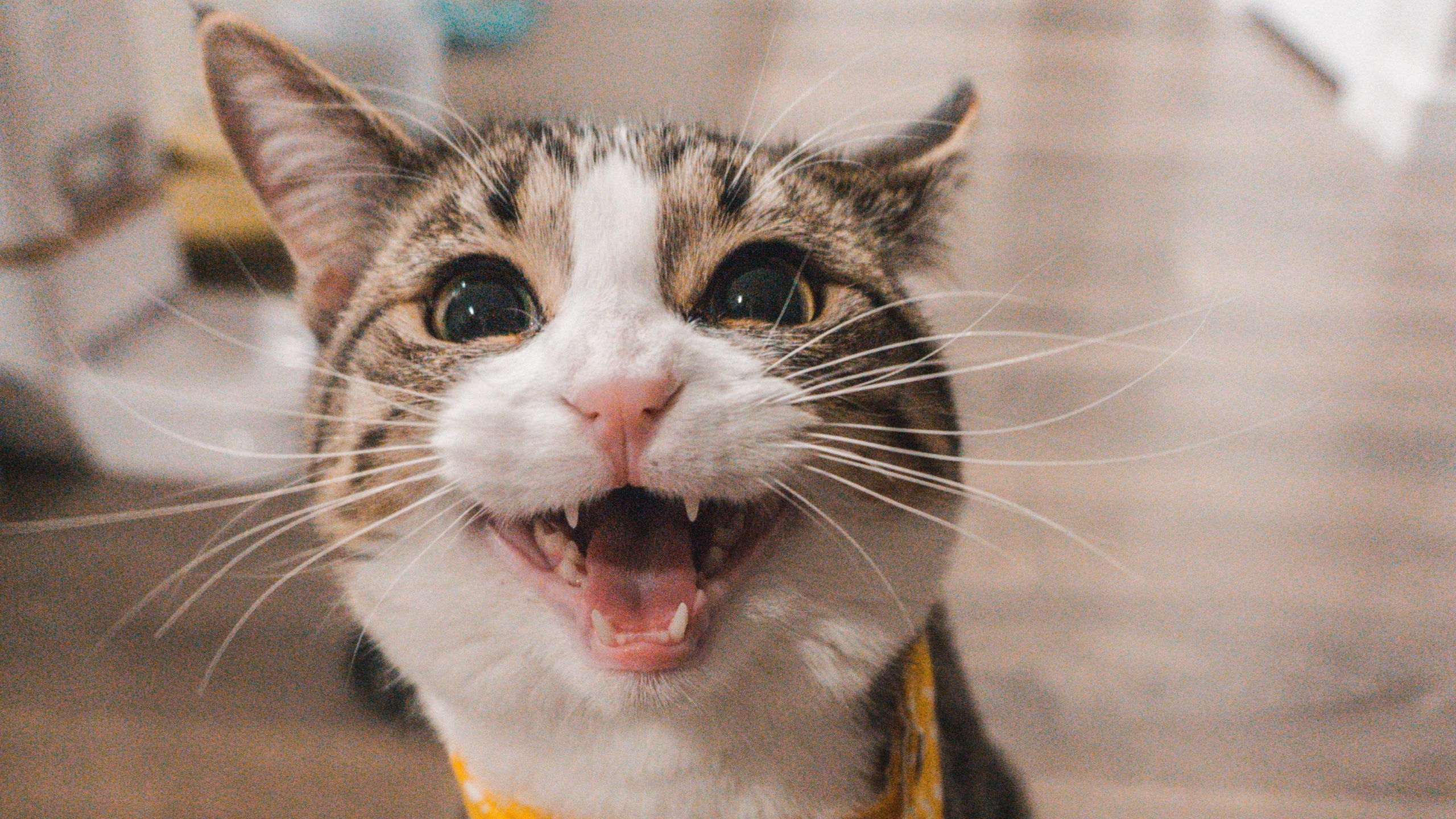
If you are a cat owner, you are all too familiar with fussy tuna-over-chicken mood days, sneaky paw-attacks, and “Where have you been all day, human?” glares. But unlike their furry and hyper expressive counterparts, cats are weirdly sneaky. As if their tiny souls are harboring the secret of the world to the point that they often find it difficult to express their own pain or health conditions.
“When this pandemic started, for Tabetha, our 9-year-old cat, life continued as usual — watching birds from the window and ignoring us. Only two months later, when we felt her meows had quieted down to painful growls, we realized something was up . . . the vet detected mast cell tumors . . .” remembers Vanessa, a cat-parent from Denver, Colorado, as she spent days frequenting vet’s office and worrying about her cat and managing the expenses during an already financially challenging time.
Unfortunately, diseases in older cats is a sad truth that every cat owner has to face. One in five cats suffers from cancer or tumor. And they often go undetected, as cats are notorious for hiding their pain.
As your cats grow older, frequent routine checkups become necessary to make sure your cat is not being sneaky about its health conditions. Caring for your pet also means at times footing an unexpected hefty bill. That’s when community pet health plans come in handy. Eusoh, unlike traditional pet insurance, doesn’t require you to pay thousands of dollars to cover for your elder pet’s various health needs, including routine checks and other illnesses.
Here are the 5 signs your cat might be crying for help and how you can visit your vet worry-free with a solid pet health plan.
Hiss and Bite
A certain amount of playful aggression is normal, but if your cat is suddenly showing aggression even at your slightest touch, then it is a matter of concern. According to Cornell University’s College of Veterinary Medicine, “Cats with osteoarthritis, for example, may resent having their joints touched or manipulated, and may hiss, bite, or scratch in response. Rarely, some cats may continue to act aggressively even after once-painful parts of their body have healed, presumably to avoid the pain they experienced previously.”
The Drunk Cat Walk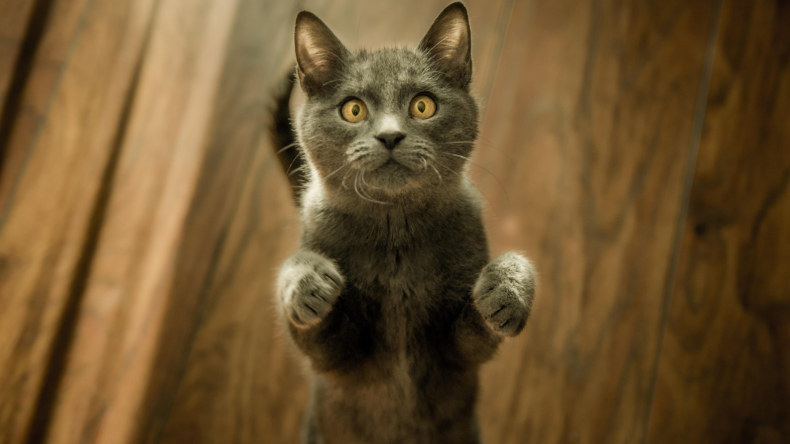
Is your cat walking like a drunk, bobbing its head from side to side? It may not be as funny as it seems. Chances are your cat is suffering from wobbly kitty syndrome or Ataxia. It is a sensory dysfunction that affects the limbs, balance, and in some cases, the cat’s head and neck; akin to cerebral palsy in humans. “Cats with ataxia may sway, have trouble hearing, and appear drowsy. Possible causes include neurological problems, cancer, viral or fungal infection, and trauma. An inner ear infection could also cause ataxia.” writes Animal Planet.
Touch Me Not!
Cats are wrongfully perceived to be aloof, but in fact, cats are the most loving pets once you have established trust with them. But if your cat is suddenly giving you more than just a cold shoulder each time you reach toward it, then your cat is in pain. Check for signs like limping, difficulty in jumping on the bed, or climbing the stairs. Arthritis is hugely underdiagnosed in cats and it’s better to consult your veterinarian at the earliest.
House Soiling
If your cat is house soiling or going to the toilet outside the litter tray, then it is likely for one of four different reasons.
- Older cats that have osteoarthritis or are suffering from some cognitive decline may also go to the toilet outside the tray.
- Your cat is suffering from Feline Idiopathic Cystitis. This Cystitis in cats is stress-related, and urinating outside the litter tray is one of the most common signs.
- Your cat is stressed; most likely because of conflict with another cat in the house.
- It is marking its territory, trying to reassure itself of its surroundings.
Though if the changes in toilet habits continue, you can rule out the latter two reasons and it’s time to take your cat to the vet.
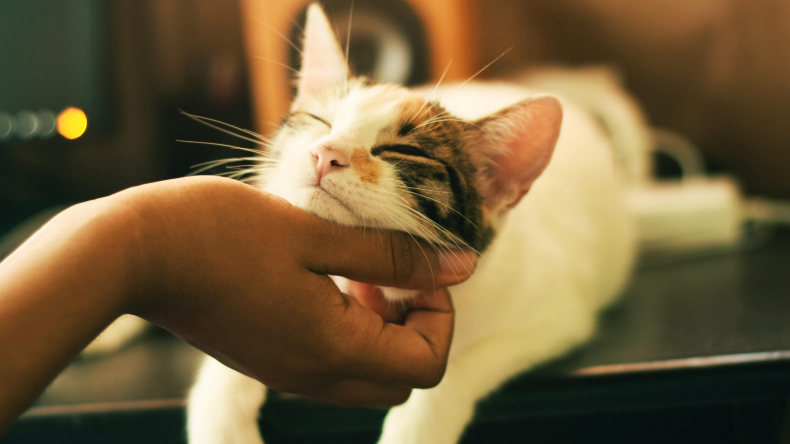
Refusing to Eat
Refusing to eat can be one of many symptoms that your cat has a medical problem such as painful dental disease, stomach issues, parasites, or cancer. When cats stop eating, it’s time to pay attention and seek help from a veterinarian. Though it is also not unusual for cats who are newly vaccinated to be off their food for a day. Don’t let your kitty go without eating for more than 24 hours. After a couple of days without eating, they can develop a serious and potentially fatal liver disease called feline hepatic lipidosis (fatty liver disease).
Observing these signs in your cat can help you understand your feline friend better. Avoid waiting for the last moment till you visit your veterinarian. And having a pet health plan that covers everything from accidents to routine care of your pet, those vet visits won’t break your bank anymore.



